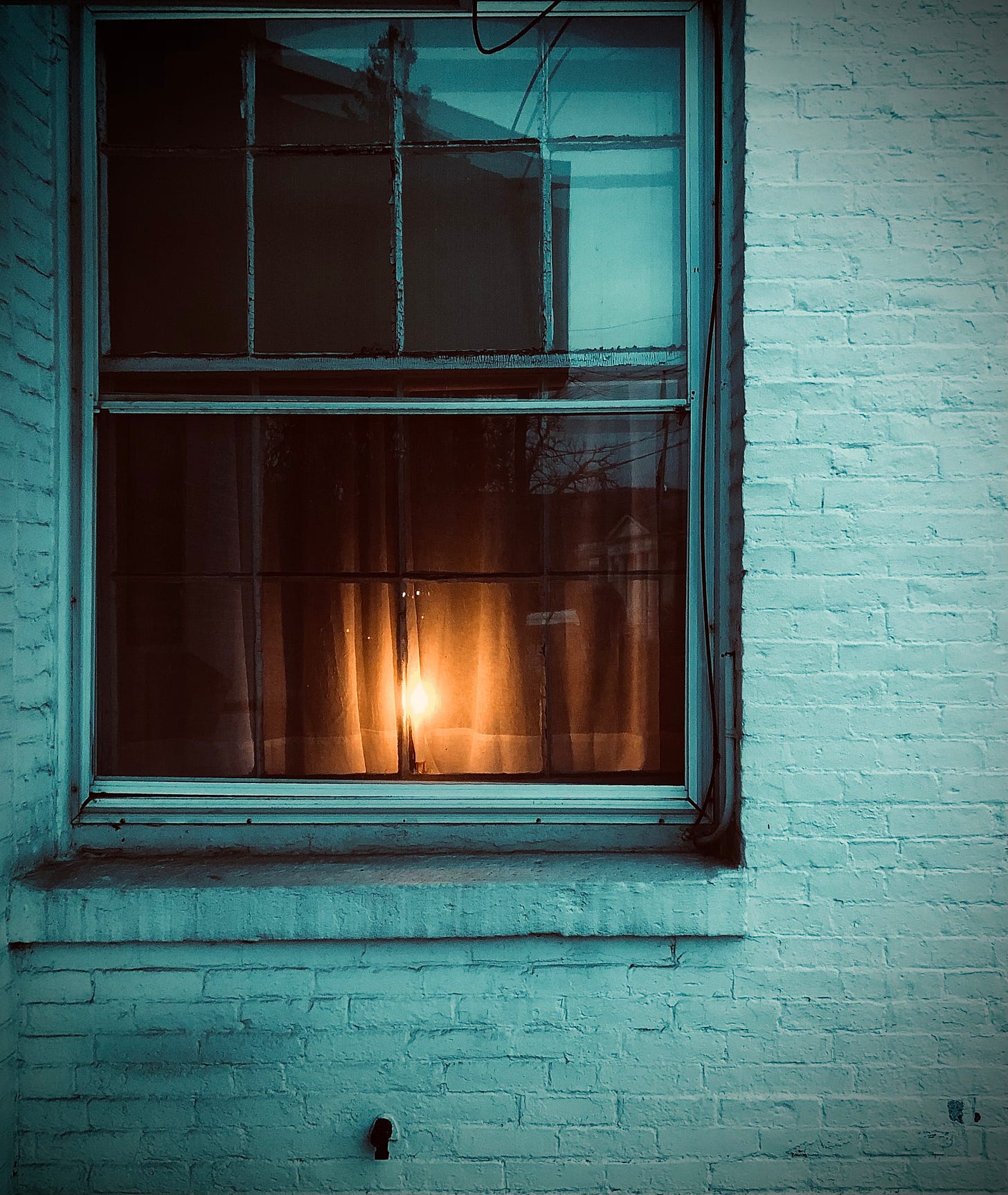Poetry Is the Antidote
a manifesto
Poetry and life are inseparable.
Poetry isn't something you do—it is the awareness that you are consciousness itself. The language flowers out of that waking state, and the poem is the pattern—a crystallization of syllables—left behind.
Poetry is the antidote to mass simulation (mass hallucination) because the heart-borne phrase bears the weight of human breath—and it is that breath that is continuously anchored and released to the present.
Poetry startles us into the present and back into our bodies—it is that sound that travels up the spine before it reaches the ear—in a world that would divorce us from the truth of our embodiment and the existence of a soul.
The truth is that we are here, now, and not dangling in some warped projection of the future.
The world would sell us a future that doesn’t exist—a kind of toxic fiction—while feeding death (filth, pills) to our senses.
Poetry navigates the seen and unseen worlds, and reaches into the underbrush of the self, and comes up with a handful of air—the breath to be shared.
Poetry is a single line stretched across all mouths throughout historical time. There are voices that tap the line, strike it, and make a sound—and the sound continues—as a dialogue between the living and the dead.
Poetry collapses historical time into present time. In that way, poetry is our transport throughout history, reminding us that we are not cogs in an algorithmic hellscape.
Today I sat on a bench and read the odes of Horace.
Over 2,000 years ago, Horace lamented the late spring, he lusted, he sang to the Gods, he boasted.
We made a pact, Horace and I, in the shared breath of the poem, in our fallen natures, and in our mutual urge (“urge and urge and urge”—Whitman) toward the lyric as a way to make chaos cohere (“I cannot make it cohere”—Pound).
exegi monumentum aere perennius
regalique situ pyramidum altius,
quod non imber edax, non Aquilo inpotens
possit diruere…
(Horace, "Odes" III: XXX, lines 1-4, published 23BC)
I have built a monument more lasting than bronze,
higher than the Pyramids’ regal structures,
that no consuming rain, nor wild north wind
can destroy…No other art form restores dignity to language with as much power and efficiency as a good poem. We are surrounded by wall-to-wall language that degrades and demoralizes us.
By restoring the language, poetry restores the human spirit—it is the antidote.



Brilliant! I will keep this right next to other great poetry manifestos such as Wendell Berry's "How to be a Poet" (to name only one)... Thank you Joseph for all that you are doing to restore dignity and integrity to modern poetry. 🙏☺️
Great phrases here, Joseph. “Toxic fiction.” “Algorithmic hellscape.” “A handful of air.” The Horace reference strikes exactly the right notes: gravitas and humanitas at the same time. Just lovely.